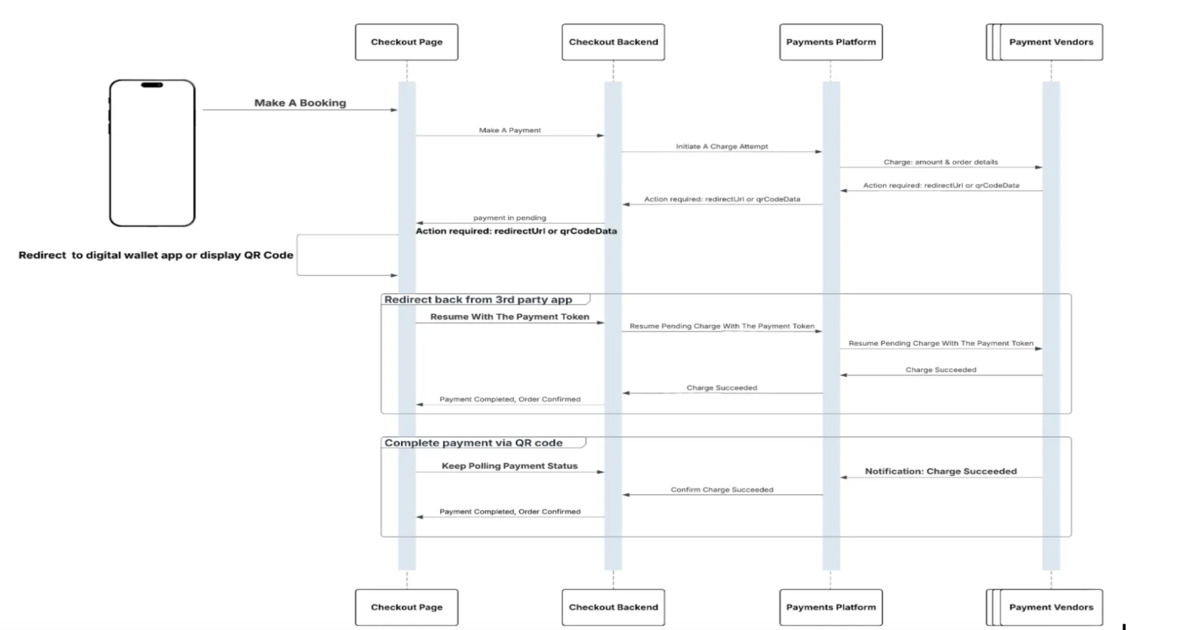Don’t miss out on our latest stories. Add PCMag as a preferred source on Google.
As Europe looks to cut some of its reliance on Elon Musk’s SpaceX, Vodafone and Texas-based AST SpaceMobile will build a new operations center in Germany to support their previously announced broadband satellite constellation.
In March, the two firms said they would create a “jointly owned European satellite service business” designed to serve mobile carriers in Europe, dubbed SatCo. Vodafone expects the satellites to deliver the space-based mobile broadband across Europe “during 2025 and 2026.”
Their new operations center will allocate and map satellite connectivity used by SatCo to ensure European carriers have “ubiquitous mobile broadband in underserved areas and [can] support emergency services and disaster relief agencies.” It will host on-the-ground gateway stations that link the planned satellite constellation to Europe’s terrestrial 4G and 5G networks.
The new center may be based in the German city of Hannover or Munich, depending on how negotiations progress. “By establishing a satellite constellation in the EU and our principal command center in Germany, we are ensuring the next frontier of communications infrastructure is firmly embedded in Europe” says Margherita Della Valle, CEO of Vodafone.
AST is currently building a satellite network that could compete with Starlink, though at present, SpaceX has vastly more satellites in the skies. In the US, SpaceX has partnered with T-Mobile on cellular satellite service, while AST is working with AT&T and Verizon.
AST is currently using Amazon founder Jeff Bezos’ Blue Origin, India’s national space agency, and SpaceX as its launch partners for its BlueBird satellites.
Recommended by Our Editors
European leaders have been vocal about their desire to build an EU-controlled alternative to SpaceX. Starlink has proved vitally important during the war in Ukraine, but CEO Elon Musk can be unpredictable, so many are reluctant to become too reliant on his company.
The EU has plans to build its own satellite network, the Iris2 project, at a cost of at least €10 billion ($10.8 billion), though it’s not expected to be operational until the 2030s. Meanwhile, French company Eutelsat, which has argued against some of SpaceX’s proposed satellite upgrades, is gaining a foothold among corporate and government customers.

Get Our Best Stories!
Your Daily Dose of Our Top Tech News

By clicking Sign Me Up, you confirm you are 16+ and agree to our Terms of Use and Privacy Policy.
Thanks for signing up!
Your subscription has been confirmed. Keep an eye on your inbox!
About Our Expert

Experience
I’m a reporter covering weekend news. Before joining PCMag in 2024, I picked up bylines in BBC News, The Guardian, The Times of London, The Daily Beast, Vice, Slate, Fast Company, The Evening Standard, The i, TechRadar, and Decrypt Media.
I’ve been a PC gamer since you had to install games from multiple CD-ROMs by hand. As a reporter, I’m passionate about the intersection of tech and human lives. I’ve covered everything from crypto scandals to the art world, as well as conspiracy theories, UK politics, and Russia and foreign affairs.
Read Full Bio










